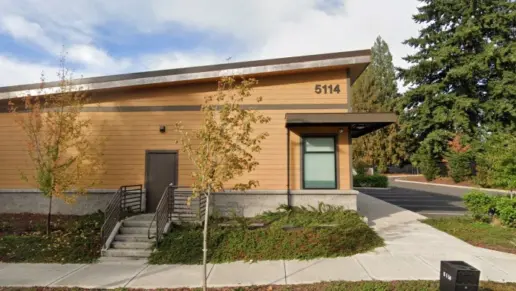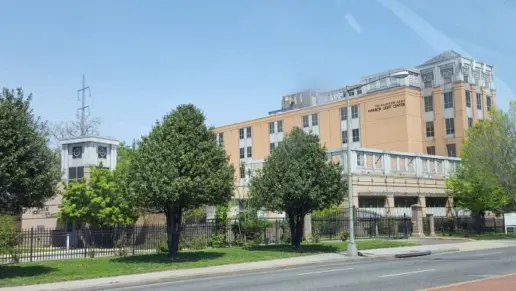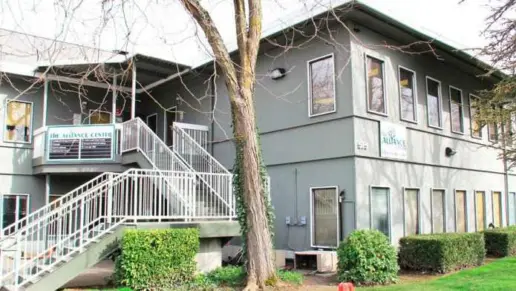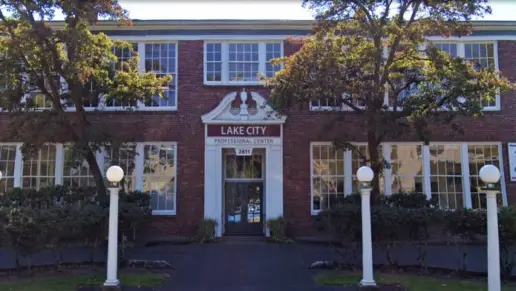About Sound Mental Health – Avondale Road Northeast
Sound Behavioral Health is a behavioral health facility that provides housing and residential addiction treatment services in Redmond, Washington. This specific location is closed now but it was once home to one of their residences called Avondale House. This facility provided secure housing for individuals who needed to practice healthy living and continued independence after recovery. The facility would offer various different treatment services such as counseling services, chemical dependency services, and employment services.
Employment To Support Independence
A part of ensuring success for their clients and for the community was successful employment. Sound Behavioral Health collaborated with employers to provide Avondale clients with employment opportunities.
The staff would also provide clients with helpful pre-employment services focused on topics such as job interview skills, job coaching and work life balance. Additionally, clients could receive post employment services that included career development and long term support of employer and employee.
Addiction Treatment Services For Various Needs
Sound Behavioral Health provides a variety of addiction treatment services to fit the unique needs of their clients. Clients of Avondale House could have connections to these services. For example, the staff offered an Alcohol Drug Information School class for individuals who were incarcerated for a DUI. A specialized treatment they provided was integrated treatment for individuals who had co occurring substance abuse and mental health disorders or co-occurring substance abuse issues and developmental disabilities.
I like that the facility also offered gender-specific addiction counseling sessions and problem gambling treatment.
Recovery in Redmond, Washington
The facility’s location in Redmond offered various opportunities for clients to enjoy nature. Individuals could visit Marymoor Park or take a nice walk down the Sammamish River Trail.
Rehab Score
Gallery
Other Forms of Payment
Medicaid is a state based program that helps lower-income individuals and families pay for healthcare. Medicaid covers addiction treatment so those enrolled can use their coverage to pay for rehab. When a program accepts Medicaid the client often pays very little or nothing out of their own pocket.
Private insurance refers to any kind of healthcare coverage that isn't from the state or federal government. This includes individual and family plans offered by an employer or purchased from the Insurance Marketplace. Every plan will have different requirements and out of pocket costs so be sure to get the full details before you start treatment.
Self-pay involves paying for treatment out of your own pocket. You can use savings or credit, get a personal loan, or receive help from family and friends to fund your treatment. If you don't have insurance or your insurance plan doesn't cover a specific program, self-pay can help ensure you still get the care you need.
Financial aid can take many forms. Centers may have grants or scholarships available to clients who meet eligibility requirements. Programs that receive SAMHSA grants may have financial aid available for those who need treatment as well. Grants and scholarships can help you pai for treatment without having to repay.
Medicare is a federal program that provides health insurance for those 65 and older. It also serves people under 65 with chronic and disabling health challenges. To use Medicare for addiction treatment you need to find a program that accepts Medicare and is in network with your plan. Out of pocket costs and preauthorization requirements vary, so always check with your provider.
Addiction Treatments
Levels of Care
 Inpatient
Inpatient
Treatments
Mental health rehabs focus on helping individuals recover from mental illnesses like bipolar disorder, clinical depression, anxiety disorders, schizophrenia, and more. Mental health professionals at these facilities are trained to understand and treat mental health issues, both in individual and group settings.
Programs

Adult Program
Clinical Services
Experiential therapy is a form of therapy in which clients are encouraged to surface and work through subconscious issues by engaging in real-time experiences. Experiential therapy departs from traditional talk therapy by involving the body, and having clients engage in activities, movements, and physical and emotional expression. This can involve role-play or using props (which can include other people). Experiential therapy can help people process trauma, memories, and emotion quickly, deeply, and in a lasting fashion, leading to substantial and impactful healing.
Group therapy is any therapeutic work that happens in a group (not one-on-one). There are a number of different group therapy modalities, including support groups, experiential therapy, psycho-education, and more. Group therapy involves treatment as well as processing interaction between group members.
In individual therapy, a patient meets one-on-one with a trained psychologist or counselor. Therapy is a pivotal part of effective substance abuse treatment, as it often covers root causes of addiction, including challenges faced by the patient in their social, family, and work/school life.
Staff

Tom Bolger
Board Chair

Roger Dowdy
Board Vice- Chair

Jeff Wilcox
Board Chair-Finance
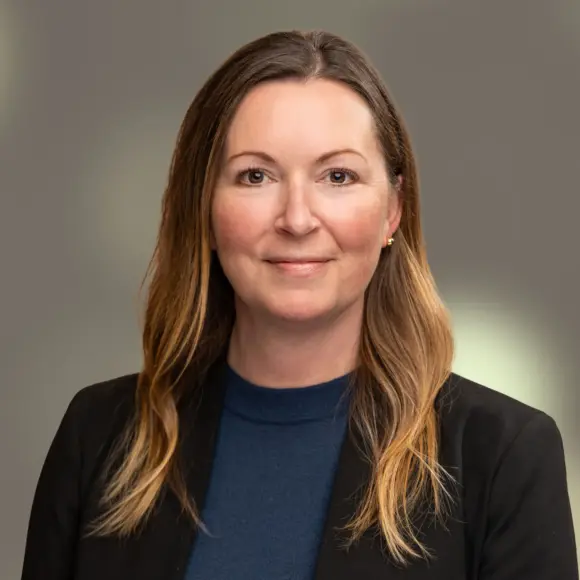
Katrina Egner
President & CEO
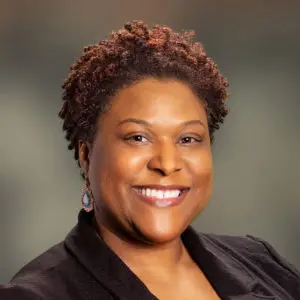
Shavonda Dial
Exec. Assistant to THE President & CEO

Guy Delisi
VP & COO

Mike De Luca
VP & CFO

Charlotte Jones
Vice President & Chief People & Diversity


